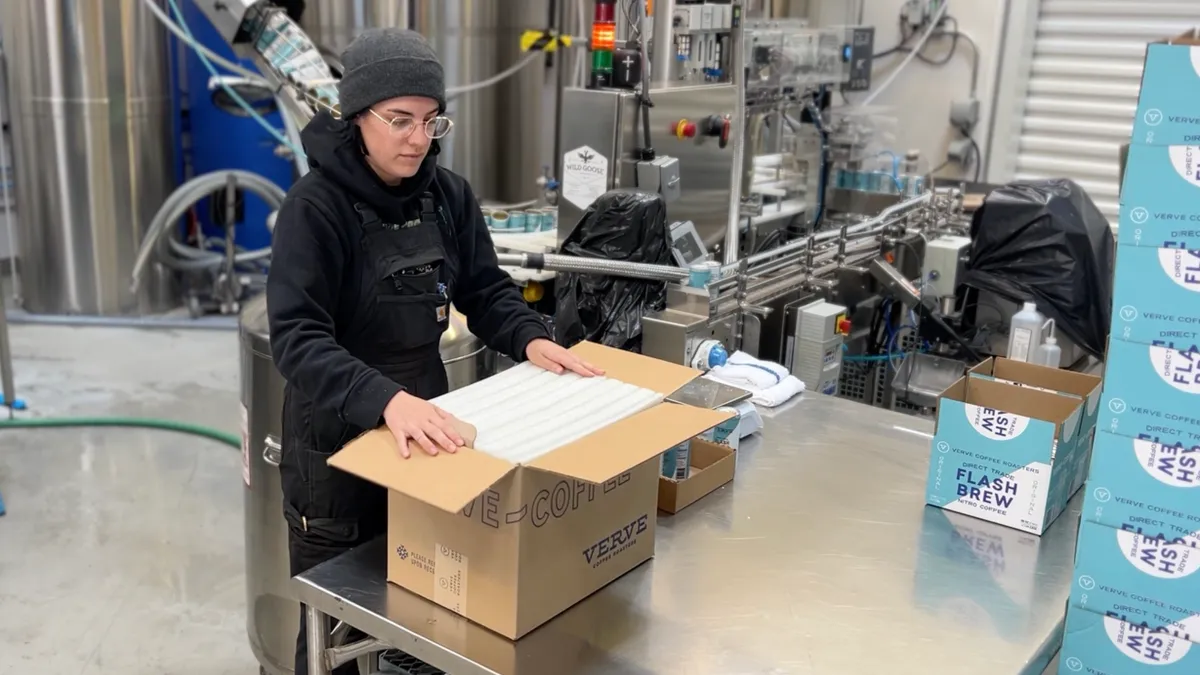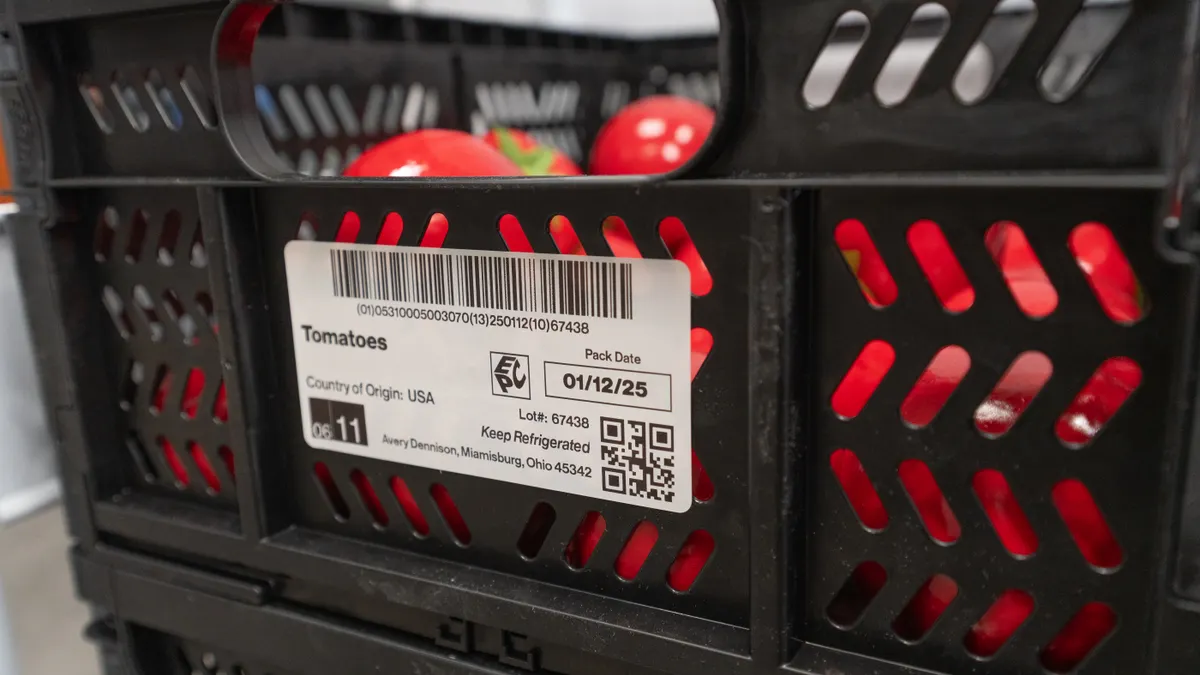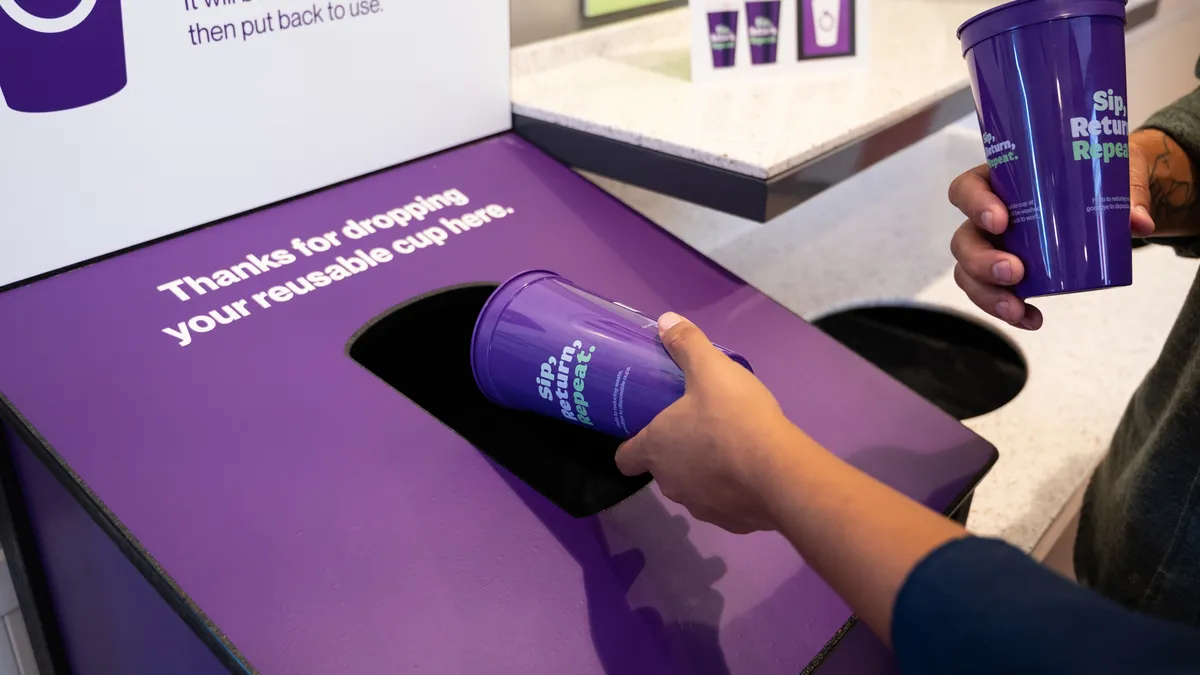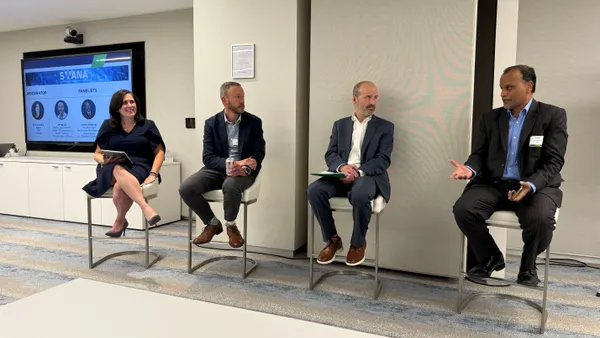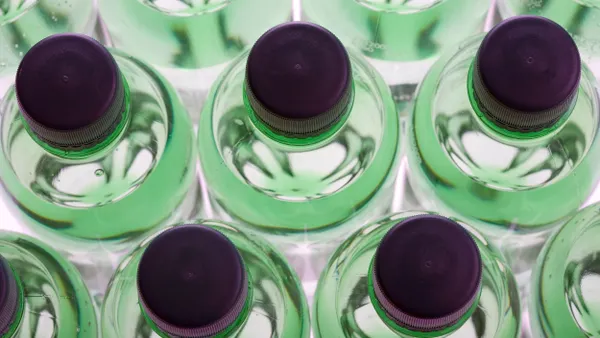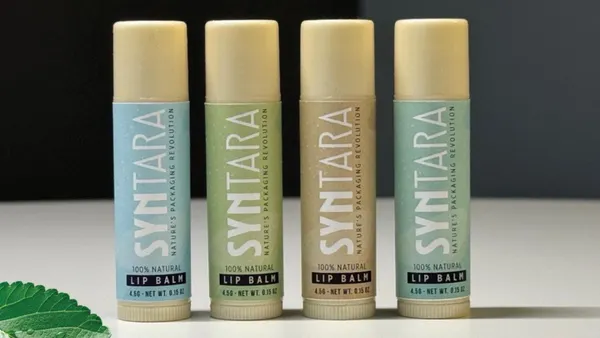The rapid rise in e-commerce, and the resulting increase in B2C shipping, has revolutionized how consumers receive products. However, this convenience has come at a significant environmental cost, with packaging waste a primary concern. Single-use plastics, often used for protective packaging, are a major contributor to pollution and resource depletion.
As companies strive to meet new environmental regulations, answer consumer demand for more environmentally friendly packaging and make progress on their own sustainability goals, shifting toward reusable, compostable and innovative packaging materials has become a critical focus. Redesigning and rethinking sustainable shipping packaging for environmental impact can be vital in addressing these issues.
What is sustainable packaging design?
Sustainable shipping packaging is an evolving field that addresses urgent environmental needs while aligning with supply chain efficiency, sustainability requirements and consumer expectations. But what is sustainable shipping, and how can companies balance performance, aesthetics, and environmental stewardship in their packaging choices?
Packaging redesign is a strategic area within environmental, social and governance (ESG) initiatives. It allows brands to reduce their carbon footprint and enhance their market appeal. Industry leaders and stakeholders are exploring various solutions in their sustainability journey, from cutting-edge materials to advanced design approaches that minimize waste and improve reusability.
No matter what your business chooses for its product packaging, it's crucial to avoid the trap of partially recycled plastic foams marketed by plastic companies, which only perpetuate the single-use problem.
Technological advances in packaging design
In the last several years, sustainable packaging has made steady advancements in both form and composition. That’s opening up new opportunities for companies. In terms of composition, companies can now choose from a range of alternatives to traditional, more environmentally harmful materials.
Biomaterials, derived from agricultural byproducts, are gaining traction for their compostable and renewable properties, while mushroom-based packaging offers a biodegradable alternative to polystyrene foam. Paper-based options continue to evolve with enhancements in durability but lack the structural support of traditional foams, posing challenges for heavy or sharp-edged items.
Meanwhile, advanced design techniques allow companies to minimize the volume of materials used without compromising product protection and maintaining the desired aesthetic. Companies can reduce waste and improve supply chain efficiency by optimizing packaging for specific products. With thoughtful design, you can also remove the need for additional adhesives increasing sustainability and reducing costs. Leading companies are already setting examples in this space:
- Mondavi Sisters with Bay Cities: This collaboration focuses on sustainable, high-end packaging that aligns with luxury branding while minimizing environmental impact.
- Wild Idea Buffalo with Atlantic: Their efforts emphasize recyclable and compostable packaging solutions that complement the brand's natural and organic ethos.
- Verve Coffee with Unified2: This innovative solution enables Verve to switch out traditional plastic foam packaging for environmentally-friendly Cruz Foam coolers.
Taking the next step in sustainable packaging
As businesses adapt to new environmental standards and consumer expectations, moving toward sustainable packaging is not just an option but a necessity. Cruz Foam and its converter and packaging design partners are at the forefront of this transformation. Cruz Foam aims to accelerate the adoption of new, circular material technologies by large global brands while working with their current supply chain, enabling a frictionless transition for brands and suppliers.
Compostable, reusable packaging solutions enable companies to meet and exceed their sustainability targets and foster a more responsible approach to B2C shipping — ensuring businesses stay ahead in a rapidly evolving market landscape.
Contact a Cruz Foam expert to learn what you can do for the environment while achieving your business goals.

